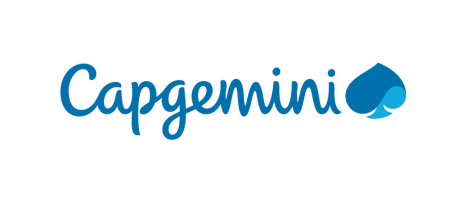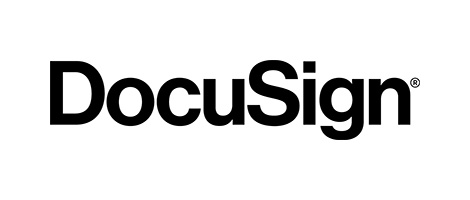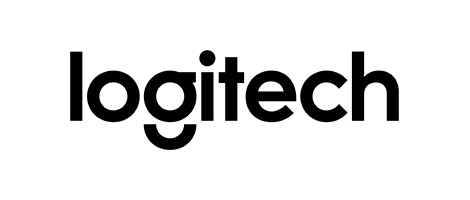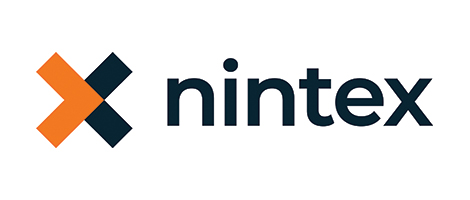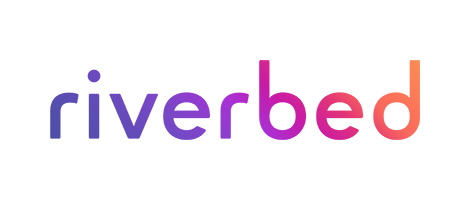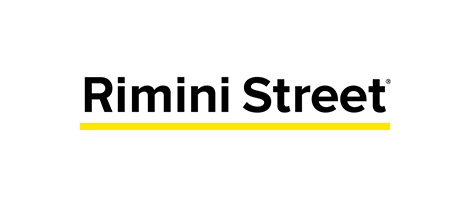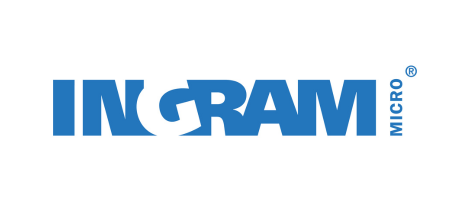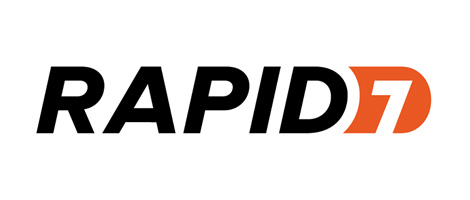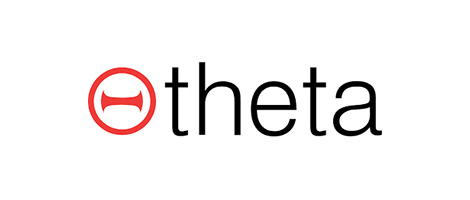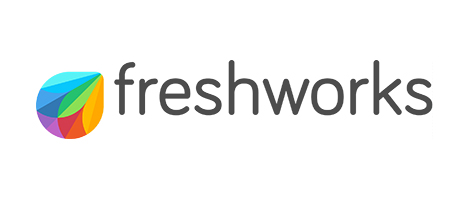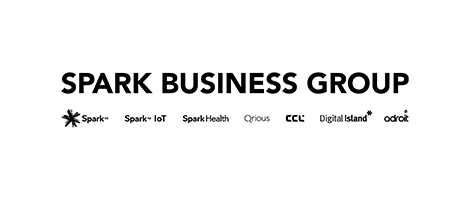Venue: 55 Cable St, Wellington 6011, New Zealand
DIGITAL LEADERSHIP | TRUSTED SERVICES | SYSTEM IMPACTS | CYBER UPLIFT | DATA MATURITY
The New Zealand Government is continuing its digital success stories from recent years, as we create the new normal following the COVID-19 pandemic with technology at the corner of digitally-driven Government operations and citizen outcomes.
Join us at our 2023 FST Government New Zealand conference, as we invite thought leaders from the public sector and tech industry to chart NZ’s ongoing progress towards a unified eGovernment and track its digital innovation pipeline and citizen reception.
Government leaders from across New Zealand will discuss:
- The implementation of NZ’s internal and external cloud migration strategies.
- Whole-of-government digital transformation.
- How digital resources support the Government’s responses to the distinct needs of citizens.
- Data governance and privacy mandates.
- The future of connectivity in New Zealand.
- A next-generation cybersecurity strategy that is adaptive, intuitive and automated.
- And much more!
Data System Leadership: Navigating Risks and Seizing Opportunities that Data Provides for Digital Innovation
- Empowering citizens: to access and use shared data to make informed decisions.
- Fostering collaboration: support the development of common data standards and incentivize information sharing.
- Strategies for success: overcoming communication barriers to encourage engagement, transparency, and trust.
New Wave Digital Leadership: Empowering NZ Government’s Future of Services for Fulfilment of Citizen and Business Outcomes
- Programme of work refresh: how NZ Public Sector is establishing best-of-class frameworks, blueprints, and architecture to support the progression of strategic digital programmes.
- Foundational redesign: delivering capabilities for the future through the establishment of system principles, next-gen skills, and emerging technology adoption.
- Advanced digital delivery: the evolution of cross-cluster agility and interoperability to transform services, workforces, and agencies on an iterative basis.
- Inhibitors to our digital horizons: embarking on adaptive, long-term decision-making and strategies to enable leadership to solve for risks and barriers facing capacity for innovation.
Our peer to peer roundtable discussions enable you to engage with other attendees as they rotate from table to table.
Each discussion features one of 16 distinct topics and is hosted by a technology expert together with a government co-host to drive an engaging conversation amongst the participants.
This year's top themes span across Digital Leadership, Workforce Transformation & Development, IT Capabilities, Evolving Technology, Cyber Uplift, Advanced Data & Analytics, and more.
Generative AI: Empowering Innovation, Scaling Expertise, and Driving Transformation
- Uncover the driving force behind innovation and adoption of Generative AI through global trends.
- Explore its unique ability to infinitely scale human expertise and distinguish it from prior AI trends.
- Gain valuable insights into preparing for this transformative shift and effectively navigating associated ethical considerations and risks.
Setting the Stage for Transformation - Navigating the First Steps
- Detailed Business Case: Key Considerations Before Planning Begins
- Implementation Strategies: Ensuring a Successful Start
- Equipping Your Team: Embracing Adaptability in a Dynamic Environment
The threats are changing, but the basics remain the same
- The NCSC's role in cybersecurity.
- Insights into the evolving cyber threat landscape.
- Focus areas for improving your cyber resilience.
The Changing Context of Data: Enabling NZ’s Path Towards an Integrated Data System, Aligned Capabilities, and Trusted Decisioning
- Data maturity: climbing the curve through strategic integration of data across an inclusive Government system.
- Trusted practices: being able to safely collect, manage, and use data to derive meaningful initiatives for diverse communities and diverging citizen needs.
- Increased value of insights: enhancing and protecting information as an asset underpinned by standards, understanding, and ethics.
- Bridging smart data, technology, and the organisation: ensuring best-practice capabilities to enable data innovation amidst intelligent IT adoption and infrastructure uplift.
Privacy, It’s Just the Way We Work
- Privacy by design: Learn how to embed privacy principles from the very start and witness the incredible impact it has on your projects.
- Shifting the perspective: Unveiling the advantage of a privacy-centric approach to foster citizen trust, reputation, and sustainability.
- Navigating Governance: Master the art of privacy governance and conquer the challenges that arise in rapidly evolving environments.
The Now and New of NZ Cyber Security Resilience in a World of Risk, Threat, and Pressure
- Leading cyber uplift: strengthening existing strategies and equipping transformation leaders to underpin sector growth through secure by design adoption of digital.
- The future of cyber resourcing: the role of culture, collaboration, and recruitment in developing a skilled and diverse workforce to meet the critical shortages and rising demand for specialists.
- Threat landscapes and continuous improvement: things to know and understand about the frontline of risk beyond 2023, and creating meaningful and safe opportunities to advance current cyber processes.
- No gaps: aligning all facets of cyber across technical, policy, governance and intelligence not only with each other, but organisation and sector-wide.
Fostering Better Outcomes Through Data and Information Assessments
- Collaboration = Innovation: Creating opportunities to share data, skills, and resources to accelerate progress.
- Governance Process: Identifying necessary changes to ensure a positive trajectory for our data future.
- Digital Capabilities: Harnessing the power of data and transforming it into actionable insights.
Turning Data into Decisions into Actions: A Defence Perspective
- Unlocking the potential: Navigating the challenges and opportunities of shifting from traditional network-centric systems to data-centric operating systems.
- Mindset matters: Fundamental capabilities that drive digital transformation and adaptive decision-making.
- Investing in the future: How information management, intelligence processes, cybersecurity, and enterprise resource planning can transform the digital ecosystem of NZDF.










































